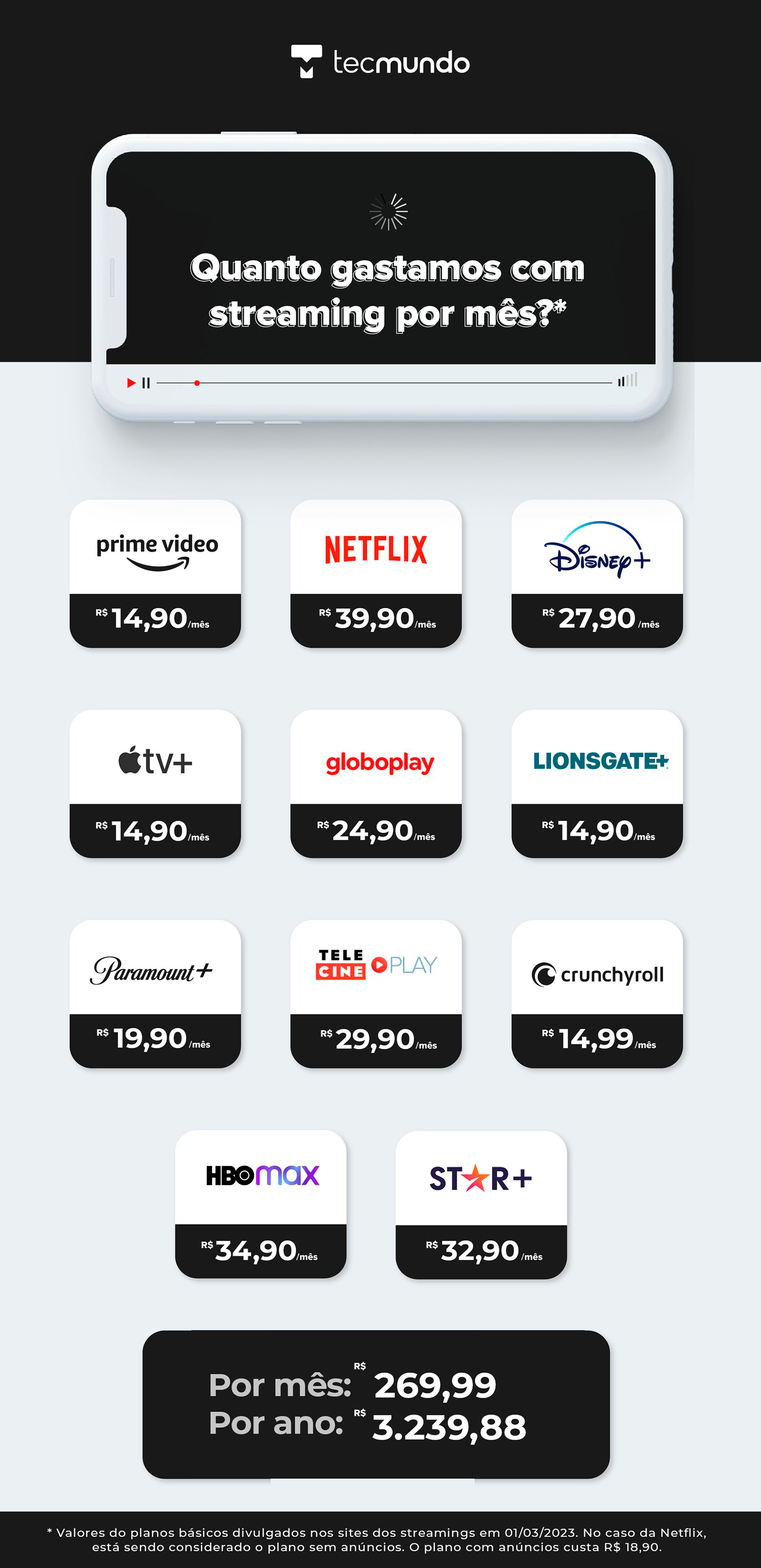In early February, the National Telecommunications Agency (Anatel) presented an action plan. block pirated IPTV equipment throughout Brazil. With the move, users using unapproved TV Boxes will lose access to the illegal signal even if the device is already installed in the residence.
Blocking occurs in several stages. First, Anatel’s technical team should take the complaint that anyone can and verify the accuracy of the accusation.
Once this is done, the Agency should analyze the situation so that it does not affect the legitimate services of the user and only then determine the blocking or redirection of the illegal signal. With Anatel’s authorization, providers must comply with the blocking of the signal.
- When will scrambling start? Anatel has already started blocking the reported equipment;
- Will pirated IPTV users pay fines? No, Anatel’s action should only focus on unregulated providers;
- Will pirated IPTV devices be collected? No, hidden devices are not collected by Anatel;
- What will happen to my pirated IPTV? Such devices are either blocked or content traffic and encryption keys are redirected;
- How will the blocking be done? The anatel will cut off the signal source, not the receiver.
Pirated IPTV and the rise of streams
This statement of the agency surprised many people. 5 to 7 million of these devices are in use in Brazil, by Anatel’s own estimation. The Brazilian Pay Television Association (ABTA) points out that approximately R$15 billion is lost annually due to content piracy.
But what justifies the large number of pirated IPTV users in the country today? The truth is, there is no single reason to explain piracy, but there are some hypotheses. — and one of the leading theories, of course, includes the various streaming services currently available in the market.
With the success of Netflix in recent years, we have seen that many studios and production companies adhere to the red flag strategy and place their productions on their own platforms. The fragmentation of content (that is, a little there, a little here) added to the movement of the mainstream in the market to drive up the subscription price is seen as a deterrent for the consumer.
According to Márcio Menezes, a lawyer specializing in Intellectual Property and Digital Law, the pirate IPTV market is taking advantage of the high prices of different streaming services and closed channels. “For piracy, the higher the price of the official service, the higher the profit margin. Therefore, the rise in streaming prices is driving consumers to look for unauthorized content,” he explains.
“Rising streaming prices are driving consumers to look for unauthorized content.”
It’s also worth remembering that Netflix announced new measures to limit password sharing among subscribers in January. “Tactical” is often used by users to split the streaming bill, which can become salty at the end of the month – BRL 18.90 for the advertised plan, BRL 39.90 for Standard and BRL 55.90 for Premium.

Torrent is back?
With the blocking of pirated IPTVs and the increasing increase in internet streams, the question remains: will the move lead to an increase in “root” piracy through the use of famous torrent downloads?
It’s too early to say anything about Menezes. However, he remembers that even users who download movies via Torrent (considered by many as a “lawless country”) face legal penalties from international filmmakers. For example, last year More than 15,000 Brazilians received extrajudicial notice via email for downloading pirated movies.
However, although the obstacles announced by Anatel are a start, the problem is not over yet. “It’s a good sign that the agency is involved in the fight against piracy, but hackers have come a long way technologically lately and are certainly ready to circumvent their blockade of illegal TV boxes,” he said.

“I have an IPTV device. And now?”
Users with TV Box type equipment not approved for telecommunication networks may experience interruption of service. — reported or identified. However, Anatel assures that no hidden device collection will take place in users’ homes.
Regarding a possible fine for pirate IPTV users, the agency notes that Anatel should currently only focus on unregulated service providers.
“While the use of pirated TV Boxes is illegal, this does not eliminate the consumer relationship between the buyer and seller of the device, which is governed by the Consumer Protection Act,” the agency adds. “Consumers who feel victimized should call companies or individuals who are selling equipment inappropriately to them.”
The population can check whether their equipment is licensed by referring to the certificate code of the device on the official website of Anatel.
Source: Tec Mundo
I am a passionate and hardworking journalist with an eye for detail. I specialize in the field of news reporting, and have been writing for Gadget Onus, a renowned online news site, since 2019. As the author of their Hot News section, I’m proud to be at the forefront of today’s headlines and current affairs.










